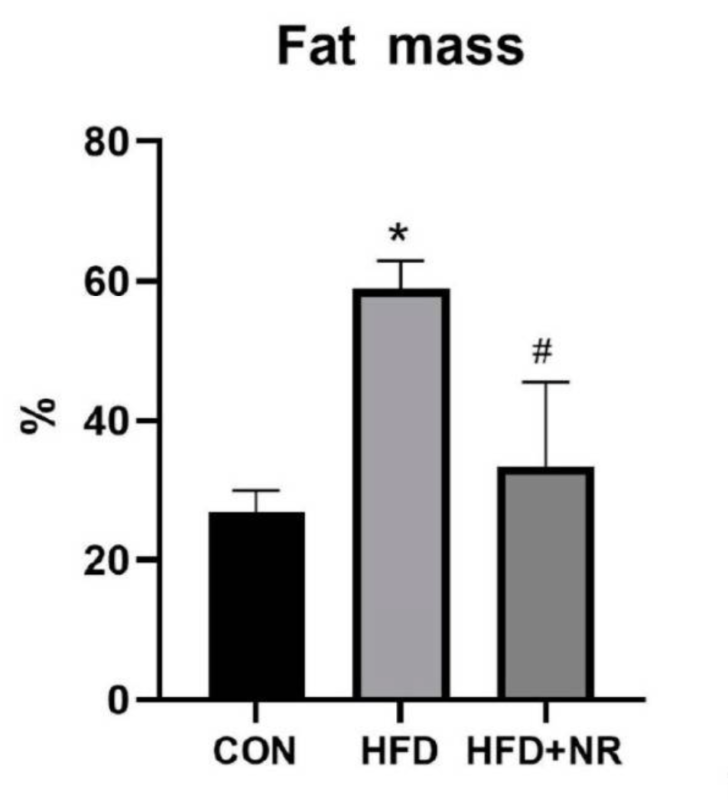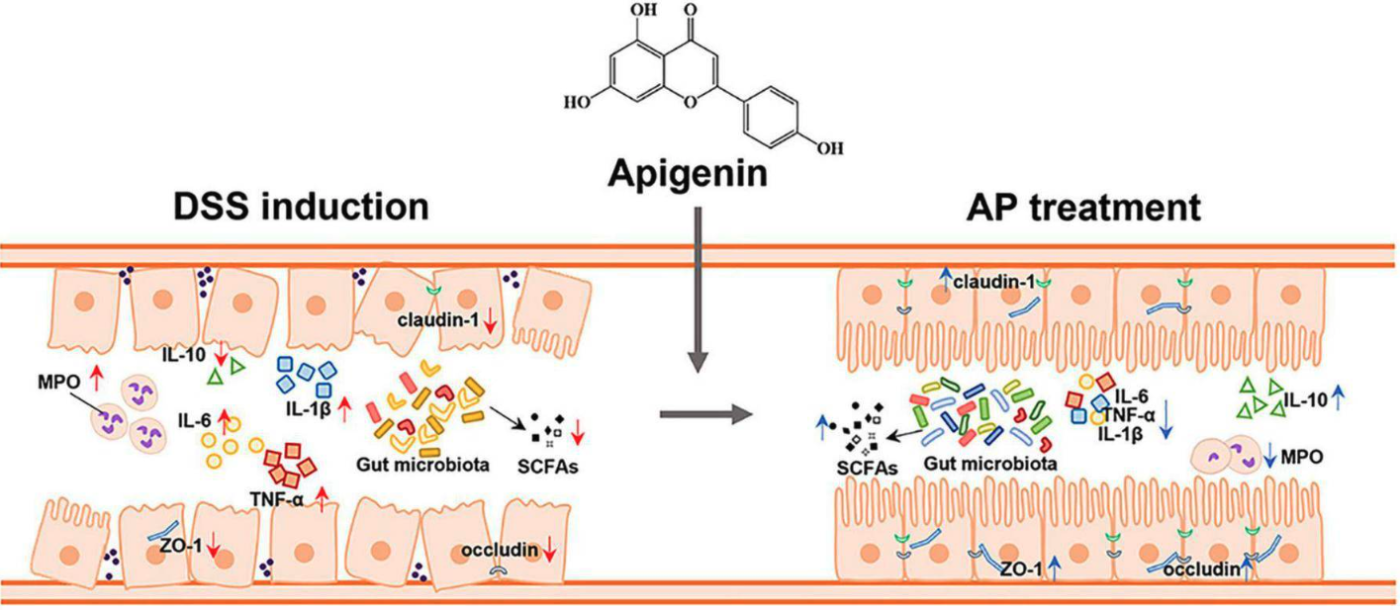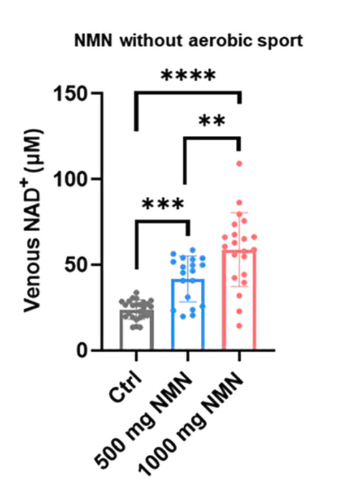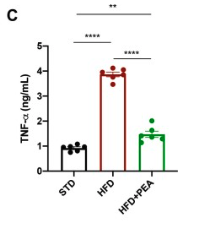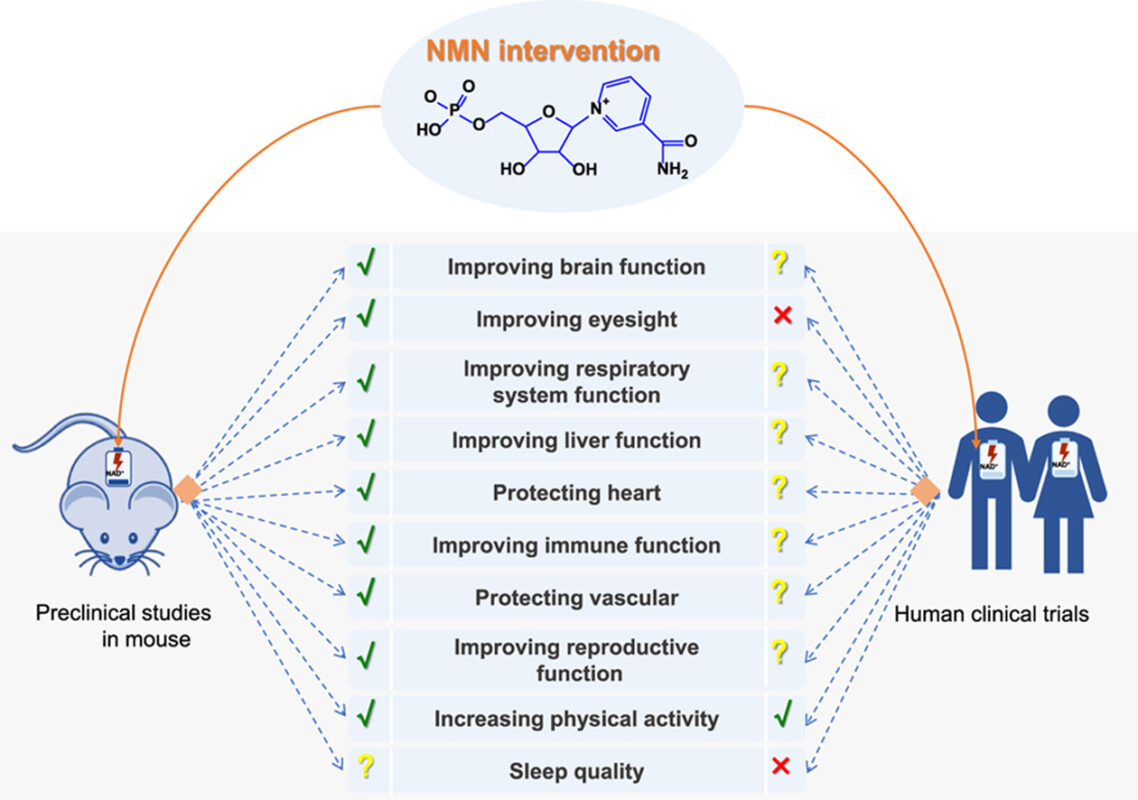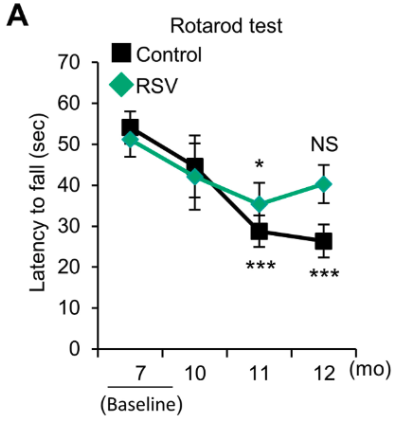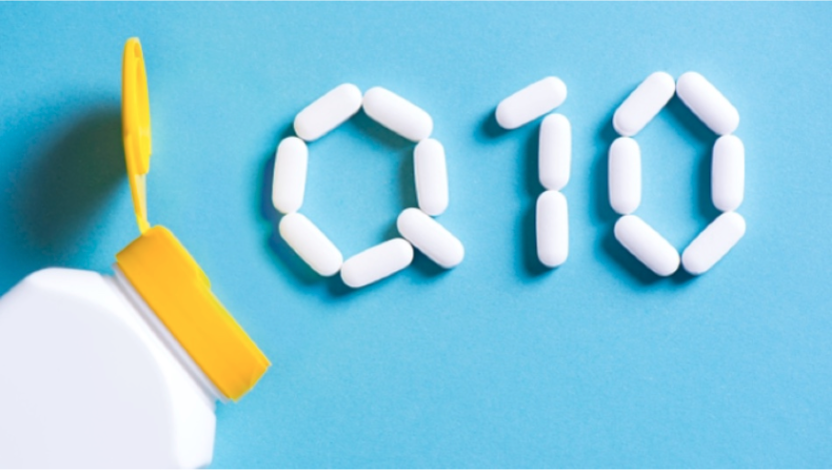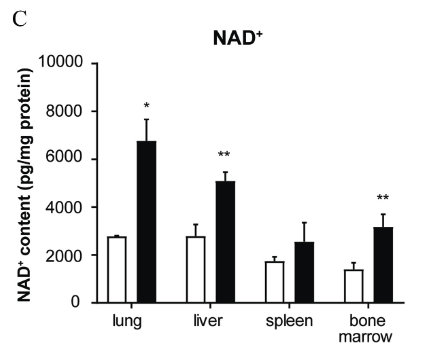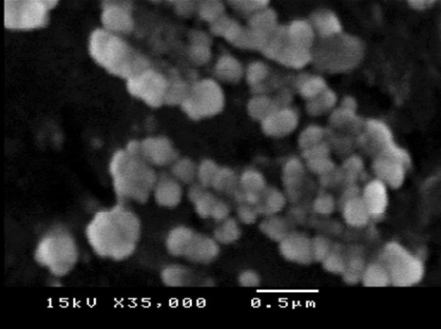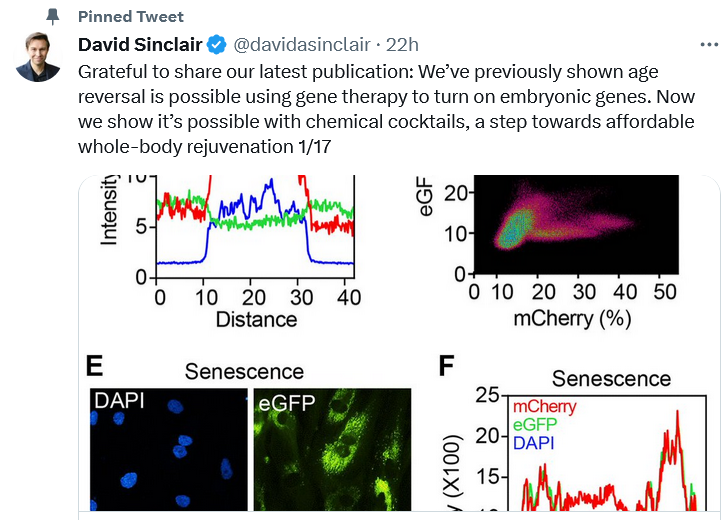This study showed that NR supplementation protected mice from HFD-induced metabolic dysfunction, specifically through protecting mitochondrial function in the skeletal muscle.
Category Archives: Research
This study examined the effects of Apigenin on inflammation, gut barrier integrity, and the gut microbiome in mice with ulcerative colitis (UC).
More than 240 clinical trials have been conducted to understand the potential health effects of Resveratrol. Evidence suggests Resveratrol may enhance longevity, heart health, glucose and fat metabolism, and bone health.
This study revealed a new technique to quickly, accurately, and inexpensively test blood NAD+ levels in humans to allow repeated testing throughout the day in clinical settings, and eventually at home.
Using this method, they were able to identify 6 different combinations of molecules that can be used to “reset” the age of cells to a youthful, healthy state.
This study showed that P.E.A. protected mice from HFD-induced anxiety-like behavior and inflammation. “As our data demonstrated, the blunted synthesis of pro-inflammatory cytokines by PEA can stop this vicious cycle among brain immune cells, limiting the progression of enduring neuroinflammation.”
A clinical trial examined Coenzyme Q10’s (CoQ10’s) effects on episodic migraines in women, finding significant reductions in migraine frequency, duration, severity. CoQ10 also reduced the levels of TNF-ɑ and CGRP, a peptide linked to migraines that promotes inflammation and pain signaling.
Resveratrol supplementation effectively protected mice against age-related muscle mass loss, heart cell enlargement, and motor dysfunction.
Resveratrol supplementation effectively protected mice against age-related muscle mass loss, heart cell enlargement, and motor dysfunction.
CoQ10 may extend its potential benefits beyond its traditional role in energy production. Emerging research suggests it could provide cardioprotective effects and reduce migraine symptoms. Moreover, its anti-inflammatory and antioxidant properties have shown promise in addressing age-related disorders and various diseases.
Oral administration of NMN (500 mg/kg) effectively preserved NAD+ tissue and plasma levels during PM exposure and protected against pulmonary fibrosis in mice.
A team of scientists from Harvard Medical School discovered a method to distinguish young cells from old and senescent cells in real time. This allowed them to quickly screen the effect of different molecules on cellular health.
Using this method, they were able to identify 6 different combinations of molecules that can be used to “reset” the age of cells to a youthful, healthy state.

